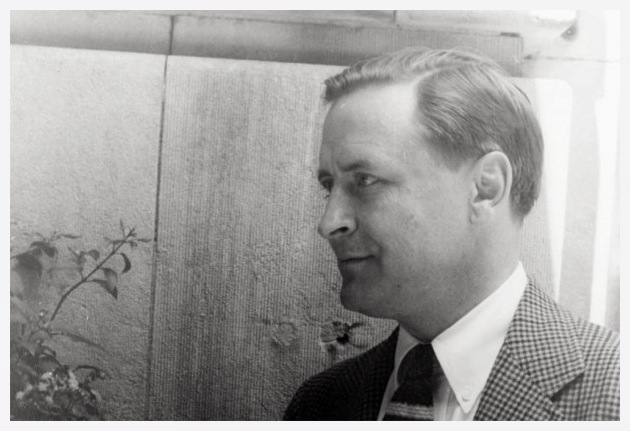
F. Scott Fitzgerald is easy to iconize. His story so neatly tracks his times: in the Twenties, he had a Jazz Age party; when America crashed, he cracked up; in the Depression, he was down and out. In The Disenchanted, Budd Schulberg’s novelization of the Scott-Zelda tale, an older, lightly fictionalized Fitzgerald is painfully aware of the symmetry:
It seemed almost too damned easy to think of himself and the Twenties as going smash together, as if he were unconsciously acting out the Twenties in some ghastly charade, and yet here he was in the first year of the Depression with his money gone, his wife nearly gone, his reputation going. What had Hank said? He didn’t know how to keep his distance.
The Disenchanted is partly a response to all the images and associations that built up around Fitzgerald. It strips away the dreamy illusions and portrays instead an older Fitzgerald who is all too human. Not the glamorous idol of the twenties, but the broke-down, post-crackup Fitzgerald of 1939 — ravaged by alcoholism, forgotten by the reading public, near dead at 43 years old. Schulberg’s depiction is so unforgiving that Sheilah Graham, Fitzgerald’s partner at the end of his life, never forgave him.
But the novel is not just about Fitzgerald’s decline. It is also about young Budd Schulberg’s own disillusionment when he discovered the Fitzgerald myth was just that, a romantic fantasy. It turned out, Fitzgerald’s story ended the same way everyone else’s does. No Daisy or Zelda, no green light, no “riotous” parties. Just the inevitable grinding-down of time. Even Scott Fitzgerald grew up then grew old. To a 25-year-old Fitzgerald fan, there is no drearier news.
[Read more…] about Man Out of Time: “The Disenchanted” by Budd Schulberg